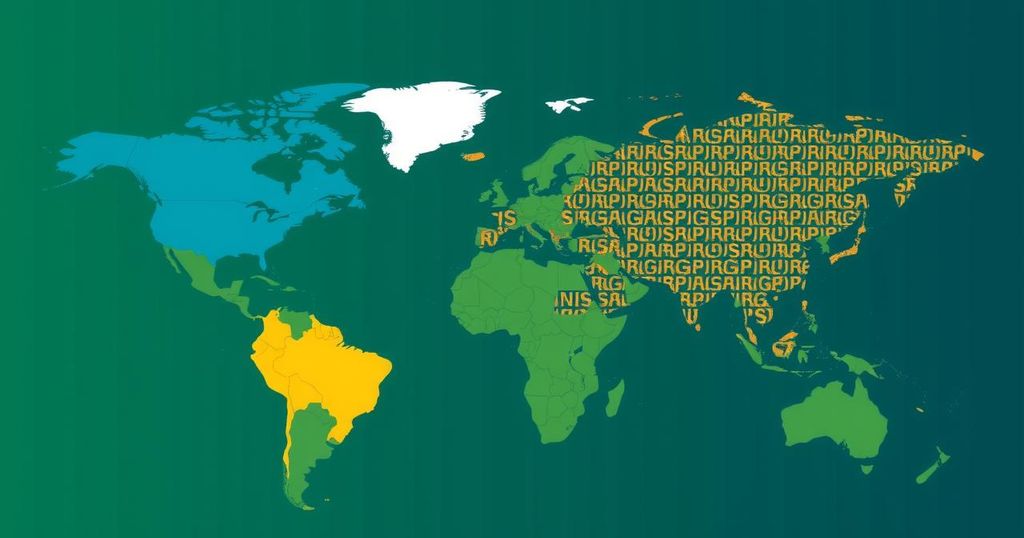EU Increases Climate Finance Offer to $300 Billion Amidst Negotiation Struggles

The EU raised its climate finance offer to poor nations to $300 billion per year, amid urgent negotiations in Baku, as developing countries rejected the initial $250 billion proposal, deeming it insufficient. This move highlights ongoing tensions over fossil fuel usage and adequate climate financing, with significant challenges remaining in reaching a comprehensive agreement.
The European Union has increased its proposed financial support for developing nations affected by climate change to $300 billion annually, in an effort to revitalize stalled negotiations at the UN climate talks in Baku, Azerbaijan. The original offer of $250 billion was rejected by numerous developing countries as inadequate, pushing European officials to enhance their proposal. Negotiators continue to seek agreement after lengthy discussions and a push for the inclusion of annual reviews of fossil fuel reductions, which has encountered resistance from oil-rich nations, including Saudi Arabia.
The ongoing UN climate talks are critical as global leaders discuss pathways to address climate change and the associated financial implications, particularly for developing nations heavily impacted by environmental disasters. Given the urgency of the climate crisis, these negotiations are essential for establishing reliable financial support mechanisms to aid vulnerable countries. The proposed funding is also framed within a larger goal of raising $1.3 trillion annually to tackle climate impacts, reflecting the need for substantial financial resources amid escalating climate-related challenges.
In summary, the European Union’s decision to bolster its climate finance proposal represents an important step towards fostering international cooperation at a time when the consequences of climate change are dire. However, the outcome of these negotiations remains uncertain, particularly with the contrasting positions of developed and developing nations regarding funding adequacy and fossil fuel phase-out measures. The stakes are high for billions who depend on effective climate action.
Original Source: www.rfi.fr






